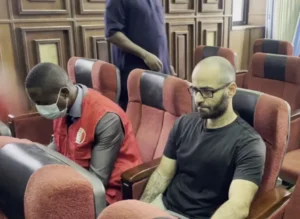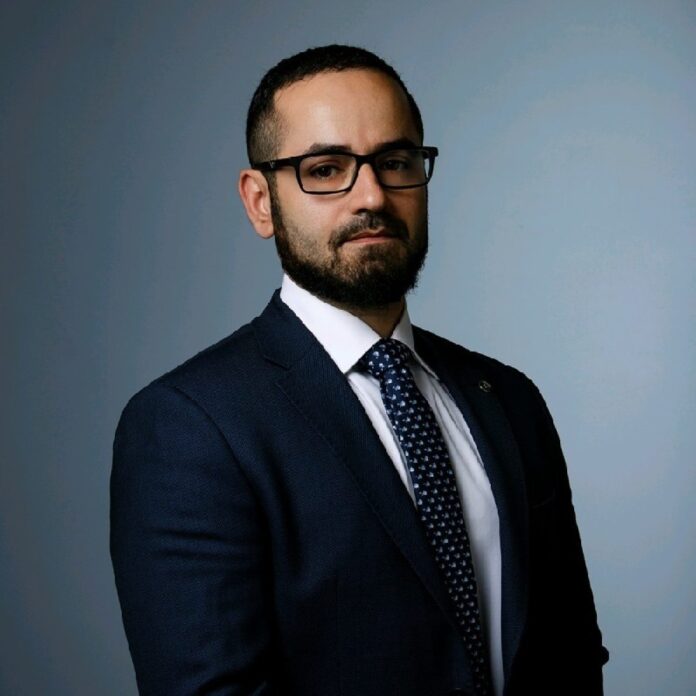Mr. Tigran Gambaryan, an executive at Binance Holdings Limited, is currently on trial for money laundering in Nigeria and faces potentially life-threatening conditions in Kuje Correctional Centre, according to his legal representatives from Aluko & Oyebode and Co. Gambaryan collapsed during his trial in a Federal High Court in Abuja on Thursday, presided over by Justice Emeka Nwite.

In a letter to the Deputy Chief Registrar of the Federal High Court, C.J. Caleb, a partner at Aluko & Oyebode, expressed serious concerns about Gambaryan’s health. The letter, dated May 23 and obtained by thepaan, is titled: “Re: Charge No: FHC/ABJ/CR/128/2024 – Application for the Provision of Medical Treatment to Mr. Tigran Gambrayan at Nizamiye Hospital.” Caleb warned that Gambaryan, who has been diagnosed with malaria, could die if he remains in the correctional facility.
Caleb detailed the precarious situation, noting that Gambaryan collapsed in prison on May 22 and required intravenous treatment for malaria. As an American citizen, Gambaryan is particularly vulnerable to malaria, lacking the immunity that many Nigerians have developed against the disease. The lawyer emphasized that malaria is a severe illness for Americans, which can be fatal due to their lack of natural immunity.
Furthermore, Caleb revealed that Gambaryan is also suffering from a throat infection and that the Kuje Medium Correctional Facility is currently undergoing renovations, which could further compromise his health. Given these circumstances, Caleb strongly urged the court to authorize Gambaryan’s transfer to Nizamiye Hospital in Abuja for comprehensive medical care to ensure his survival.
The case has drawn significant attention due to Gambaryan’s prominent role at Binance Holdings Limited, one of the world’s leading cryptocurrency platforms. As the Head of Financial Crimes Compliance, Gambaryan’s legal troubles have implications for both his professional responsibilities and the broader reputation of Binance.
The letter from Aluko & Oyebode highlights the urgency of Gambaryan’s medical needs and the potential risks of inadequate treatment within the correctional facility. Caleb argued that the current medical capabilities at Kuje are insufficient to address Gambaryan’s condition, especially considering the facility’s ongoing renovations and the severity of malaria for someone without natural immunity.
Caleb’s appeal to the court underscores the critical nature of ensuring that Gambaryan receives the necessary medical attention. The letter references the intervention of the United States Consulate in Abuja, which has emphasized the importance of comprehensive medical treatment for Gambaryan due to the heightened risks associated with malaria for American citizens.
The situation has raised broader questions about the conditions within Nigerian correctional facilities and the adequacy of medical care provided to inmates, particularly those with severe health issues. The outcome of Caleb’s appeal could have implications not only for Gambaryan’s immediate health but also for how such cases are handled in the future, potentially prompting reforms in the treatment of detainees requiring specialized medical care.
Justice Emeka Nwite’s response to the appeal and the subsequent decisions regarding Gambaryan’s medical treatment will be closely monitored. The legal community and human rights advocates are keenly watching to see if the court will act to protect Gambaryan’s health and ensure that he receives the necessary medical intervention.
Victoria Ibiama




